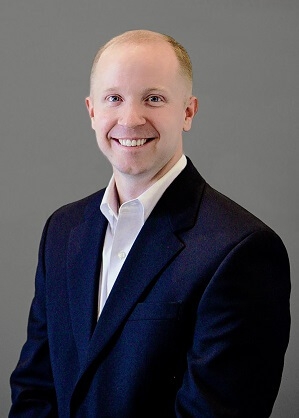
One of the most stressful parts of a car accident settlement or any personal injury claim is the medical bill expenses. It makes sense then that one of the most common questions we get is how the bills will be paid out of the recovery. With every client we represent, this is always the first goal – to make sure there is no lingering financial debt resulting from the accident.
Following questions will guide you through the process of understanding how medical bills are handled after a settlement.
What Should I Know About Paying My Medical Bills?
Understanding Your Medical Bill Responsibilities: Once your personal injury case is settled, the responsibility for paying your medical bills shifts to you. Your settlement funds are paid to you to cover these expenses, but there are different methods and sources of payment depending on your specific circumstances. Our goal is to explore every payment option to help you keep as much of your settlement as possible. However, it is important to note up front that medical providers must be paid. So, let’s talk about the various options for getting your medical bills paid after a settlement.
Can I Use My Med Pay to Cover My Medical Bills?
Yes, Med Pay (Medical Payments coverage) is a valuable resource for covering medical expenses after an accident. If you have Med Pay as part of your auto insurance policy, it can be used to pay your medical bills regardless of who was at fault in the accident. That is one of the benefits of Med Pay – it is no fault insurance. Your attorney can review your auto insurance policy to confirm if Med Pay or other coverage options apply to you.
Example: If your medical bills total $12,000 and you have $10,000 in Med Pay coverage, Med Pay will cover $10,000 of your expenses, leaving you with only $2,000 to pay.
(Note – Med Pay may want to be reimbursed though so keep that in mind)
This is a helpful article from Progressive Insurance explaining Med Pay.
How Does Health Insurance Factor In?
Health insurance can cover your medical bills, but if your health insurance has already paid for your treatment, they may seek reimbursement from your settlement. This is known as a lien, and it allows your health insurance provider to recover the costs they paid on your behalf.
Example: If your health insurance paid $15,000 for your medical care, they might place a lien on your settlement to recover that amount. Your attorney can often negotiate with the insurance company to reduce the lien amount, potentially allowing you to keep more of your settlement.
Here is a helpful video for why you should use your health insurance to pay your medical bills if possible.
Do I Need to Pay My Medical Providers Directly?
If you have outstanding medical bills that weren’t covered by health insurance or Med Pay, you will need to pay these bills from your settlement. Your attorney can assist by negotiating with medical providers to try to reduce the amount you owe, ensuring that you maximize the funds you retain from your settlement.
Additional Considerations and Key Points
Getting the medical bills paid out of a settlement is always the priority so you don’t have any remaining debts owed. But the best way to get those paid will very vary for each case based on the types of medical treatment received, the availability of insurance, and even the location can impact the strategy you should use. Figuring out the best methods to ensure your maximum take home amount from your settlement is one of the most important roles your attorney can play in helping you. But either way, the bills can’t be ignored and must be paid (or reimbursed) out of your settlement.
Speak With a Roswell Car Accident Lawyer Today
Our dedicated personal injury team here at The Injury and Disability Law Center is here to help you if you have any questions on paying medical bills after an accident. Schedule your free initial consultation today by calling our office at 575-300-4000, starting a chat, or filling out our online form.
If you want even more information, feel free to check out my free book, Car Accident Cases Made Simple(r), where I discuss this topic and more.


